By Shahram Safai, Silvia Pretorius, Anna White, Zeina Al Oraibi El Zein, Emad Maghsoudi and Karl Unwalla
|
The Authors
Shahram Safai
Silvia Pretorius
Anna White
Zeina Al Oraibi El Zein
Emad Maghsoudi
Karl Unwalla Tel: +971 4 330 3900 |
What’s happened?
After much media coverage regarding the potential change in the law concerning properties owned in common in Dubai, Law 6 of 2019 was introduced on 4 September 2019 (the New Law).
The New Law is an important development for Dubai as most real estate is held by way of property owned in common. That is, a real estate development that has been subdivided into apartments, offices, retail units and/or common areas.
We expect that the New Law will have a positive impact on the real estate market in Dubai as increasingly disputes under the Previous Law (including those between unit owners and association managers) were effecting property values.
The New Law repeals Law 27 of 2007 Concerning Ownership of Jointly Owned Property in the Emirate of Dubai (the Previous Law). However, developers, management companies and owners committees have been given a six month transition period from 4 September to comply with the New Law.
In this InBrief we look at the major changes that will impact owners of units in Dubai.
New management system
Under the Previous Law all owners of units automatically became members of the owners association of their building when they purchased their unit. The owners association, through its board, was then entrusted with the management, operation, maintenance and repair of the common areas of the building, and they could delegate these responsibilities to an association manager to perform.
The New Law replaces this management system with a three tiered system set out in Article 18 as follows:
First Category – Major Projects:
For real estate projects that are considered to be major projects by the Director General of the Dubai Land Department (DLD), the New Law provides that the developer shall now be responsible for the management, operation, maintenance and repair of their common parts and the utility services (Article 18(a)(1)). The developer may appoint a management company to carry out these responsibilities on its behalf (Article 18(c)). The management company must be approved by the Real Estate Regulatory Agency (RERA) (Article 2).
An owners’ committee must be formed for each Major Project withits members selected by RERA which shall not exceed nine members (Article 18(a)(1)). The functions of the owners committee are set out in Article 24 and include:
- verifying that the management company manages the common parts;
- reviewing the annual budgets for the maintenance of the common property and making recommendations; and
- receiving complaints from owners and submitting them to RERA if the management company fails to address them within 14 days of being notified.
If the developer is found to be incompetent or unable to manage the common property under this first category in a manner that ensures their sustainability and serviceability, the Executive Director of RERA may appoint a specialised management company to manage and operate the common property (Article 37).
Second Category: Hotel Projects:
For real estate projects that are licensed for use as a hotel establishment, the New Law provides that the developer shall appoint a hotel project management company approved by RERA to manage the common parts (Article 18(a)(2)).
If the hotel project management company wishes, an owners’committee may be formed for each Hotel Project with its members selected by RERA which shall not exceed nine members. However, Article 18(a)(2) provides that even if an owners’ committee isformed, it is not entitled to interfere in the management of the hotel project or the common areas thereof.
If the hotel project management company is found to be incompetent or unable to manage the common property under this second category in a manner that ensures their sustainability and serviceability, the Executive Director of RERA may appoint a specialised management company to manage and operate the common property (Article 37).
Third Category: Real estate projects other than the major projects and hotel projects:
The common parts in these projects shall be managed by specialised management companies, which shall be selected and engaged by RERA in accordance with the controls and regulations set by a decision to be issued by the Director General in this regard (Article 18(a)(3).
An owners’ committee must be formed for each real estate project with its members selected by RERA which shall not exceed nine members (Article 18(a)(3)). The functions of the owners committee are set out in Article 24 and include:
- verifying that the management company manages the common parts;
- reviewing the annual budgets for the maintenance of the common property and making recommendations;
- receiving complaints from owners and submitting them to RERA if the management company fails to address them within 14 days of being notified; and
- importantly, this owners committee has the power to request RERA to replace the management company and provide RERA with advice on the selection and appointment of the new management company (Article 24(5)).
If RERA finds that the management company is incompetent, inefficient or unable to manage the common property under this third category RERA shall appoint an alternative management company to manage the common property (Article 38).
Obligations of Master Developer
The Master Developer is required to manage and maintain the common facilities in the Master Project through a written agreement with a management company that has been approved by RERA (Article 19).
If the master developer is found to be incompetent or unable to manage the common property in a manner that ensures their sustainability and serviceability, the Executive Director of RERA may appoint a specialised management company to manage and operate the common property (Article 37).
Responsibility of Developer to rectify defects for ten years (Article 40)
Similar to the Previous Law, the Developer is still under an obligation to:
- repair or correct any defects in the structural parts of the common property for a period of ten years from the date of the certificate of completion for the project; and
- repair or replace defective fixtures in the common property for a period of one year from the date of handing over the unit to the owner. Fixtures are defined as including mechanical and electrical works, sanitary fittings, sewerage and others.
Removal of JOPD – New bylaws / building management system
Under the Previous Law, a Jointly Owned Property Declaration was required to be registered with RERA which governed the use of the common areas and units, and set out the duties and obligations of the owners, occupiers, and the developer.
The New Law has now removed the concept of a Jointly Owned Property Declaration and replaced it with thefollowing: the “bylaws of the complex”, the “bylaws” and the “building management system”.
Bylaws of the complex
The bylaws of the complex are defined in Article 2 as “the terms and conditions governing the development and operation of the master project and the common properties and common facilities therein, including the planning and construction standards of the complex.”
Bylaws
The bylaws are defined in Article 2 as “the rules and provisions governing the owners’ committee, which shallbe established and adopted in accordance with the provisions of this Law.”
The building management system
Prior to selling any units, the developer must establish a building management system for major projects and hotel projects which must be approved by RERA (Article 20).
The building management system is defined as “The document prepared in accordance with the regulations issued by the Department and recorded in the Common Property Register, which state the procedures for maintenance of the common parts, and the percentage of owners’ contribution in the costs related thereto, including the equipment and services existing in any part of another building”.
Legal effect of bylaws, bylaws of the complex and building management statement
These documents all form part of the title deed and must be complied with by every occupant, owner, owners committee and the developer of the project (Article 6).
Filing requirements
The developer must prepare and file the bylaws and the bylaws of the complex within 60 days from the date of the certificate of completion for the project.
However, the building management system shall not be filed by the developer – instead it will be filed by RERA.
Service charges
Similar to the Previous Law, owners are required to pay to the management body his share of the service charge to cover the expenses of the management and maintenance of the common parts (Article 25(a)).
However, the management body may not collect any service charges unless they have obtained the prior approval of RERA to the budget allocated for the service charge (Article 27). RERA will appoint a legal auditing officer accredited by it for this purpose (Article 27).
Utilisation charges
For prefabricated, under construction buildings or vacant land plots, the Master Developer may collect a utilisation charge from the owner or sub-developer of such land, subject to the approval of RERA.
New common property register
A new “common property register” shall be established by the DLD which shall contain the following (Article 4):
- “Land plots owned by the developers, on which the common properties shall be constructed;
- units allocated for independent ownership in the common property sold by the developers, and thenames of the owners of these units;
- members of the owners’ committee;
- building management system;
- plans;
- management body;
- management contracts of the common property or the common parts;
- area of common parts and private common parts and their percentage out of the area of units in thecommon property; and
- areas owned by the developer in the common property.”
New dispute resolution mechanism
The Rental Dispute Settlement Centre in the Emirate of Dubai shall have exclusive jurisdiction to hear and settle all disputes and differences relating to the rights and obligations stipulated in the New Law, in accordance with the rules and procedures of the Rental Dispute Settlement Centre. ■
If you require more detailed information or advice on the impact of this new law, please contact us.
| Afridi & Angell
Founded in 1975, Afridi & Angell is a full-service UAE law firm in its fifth decade at the forefront of the legal community. From the beginning, our hallmarks have been a commitment to quality, unsurpassed knowledge of the law and the legal environment, and crafting of innovative business solutions. Licensed in the three largest Emirates of Abu Dhabi, Dubai and Sharjah as well as the Dubai International Financial Centre, our practice areas include banking and finance; corporate and commercial law; arbitration and litigation; construction; real estate; infrastructure projects; energy; project finance; maritime (wet and dry); and employment. We advise local, regional and global clients ranging in size and sophistication from start-ups, sole proprietorships, family-owned businesses, entrepreneurs and investors to some of the world’s largest public and private companies, governments and quasi-government institutions. We attract and retain clients with our dedication to practical guidance focused on their business needs supported by decades of experience here in our home jurisdiction, the UAE. Afridi & Angell is the exclusive member firm in the UAE of top legal networks and associations, most notably Lex Mundi, the world’s leading network of independent law firms, and World Services Group. |
| Afridi & Angell’s inBrief provides a brief overview and commentary on recent legal announcements and developments. Comments and opinions contained herein are general information only. They should not be regarded or relied upon as legal advice.
© 2019, Afridi & Angell |








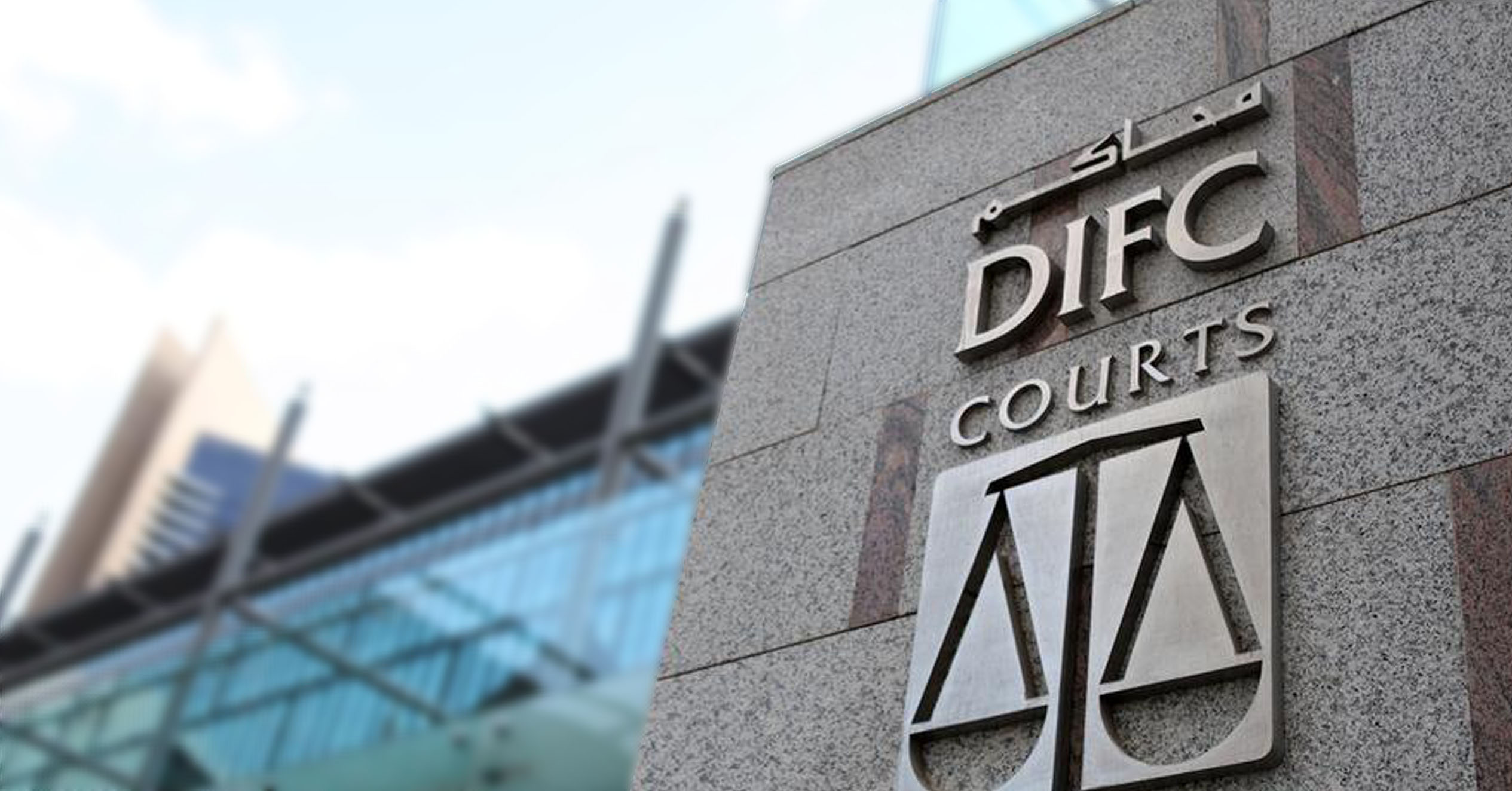


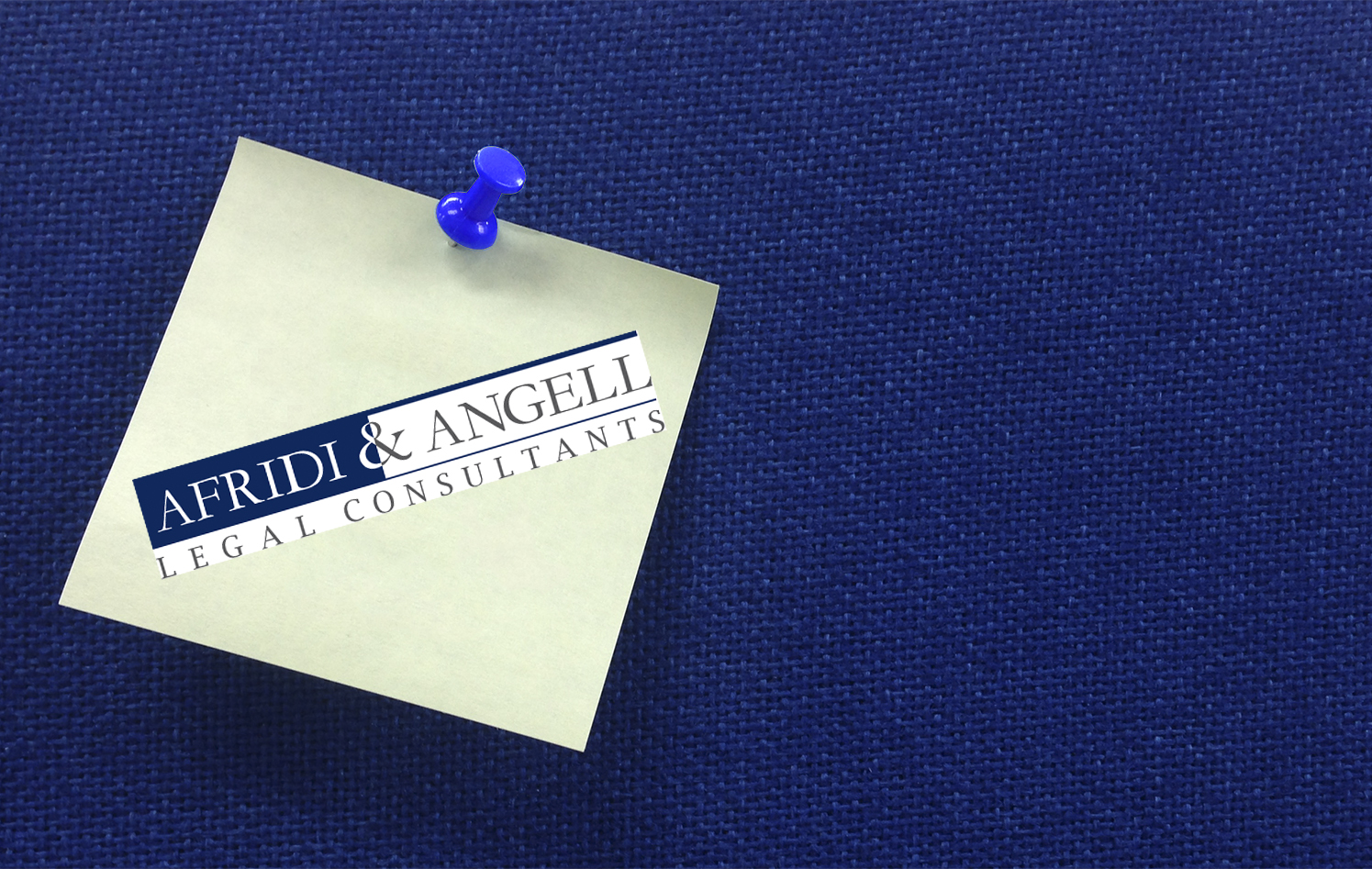
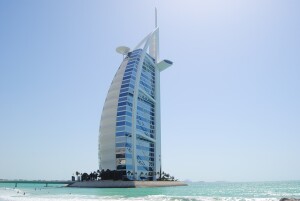

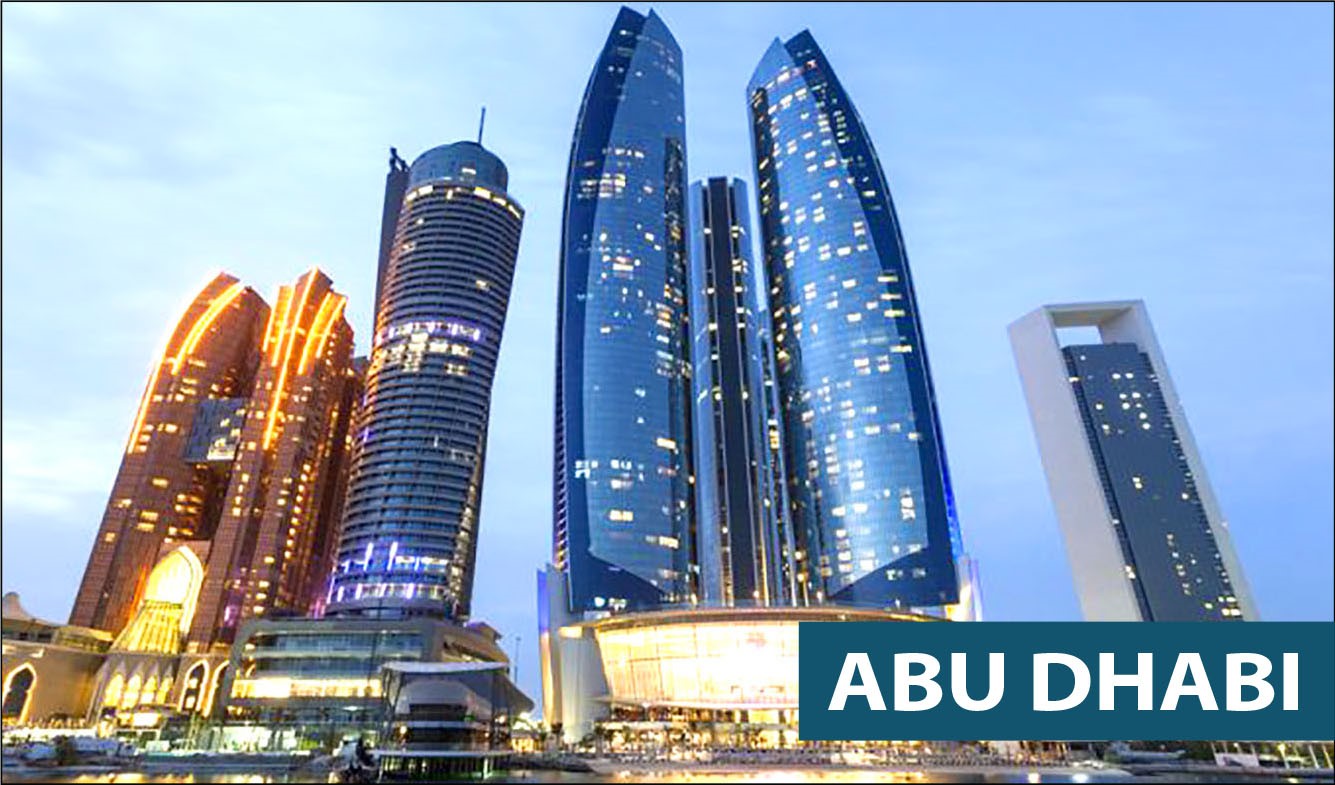
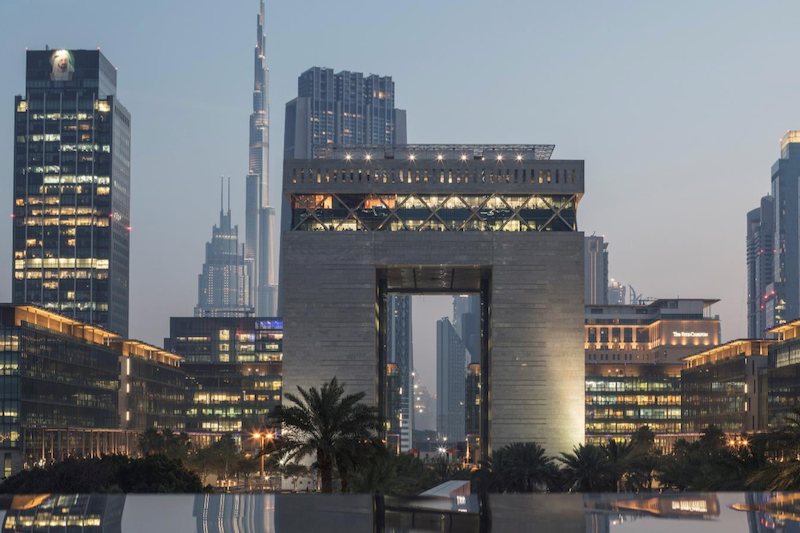

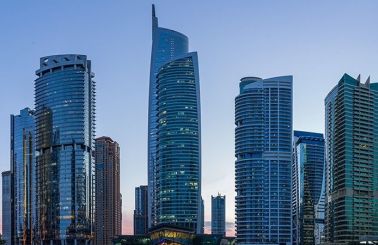

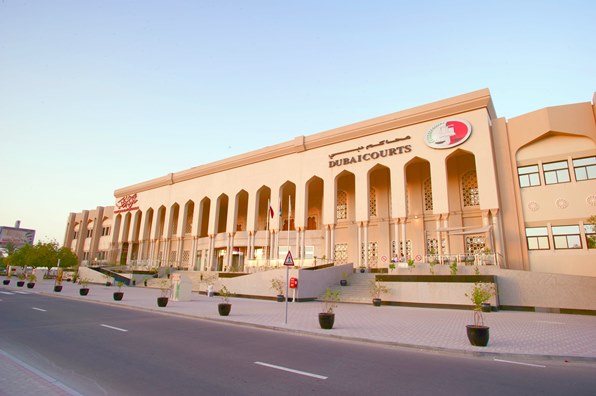




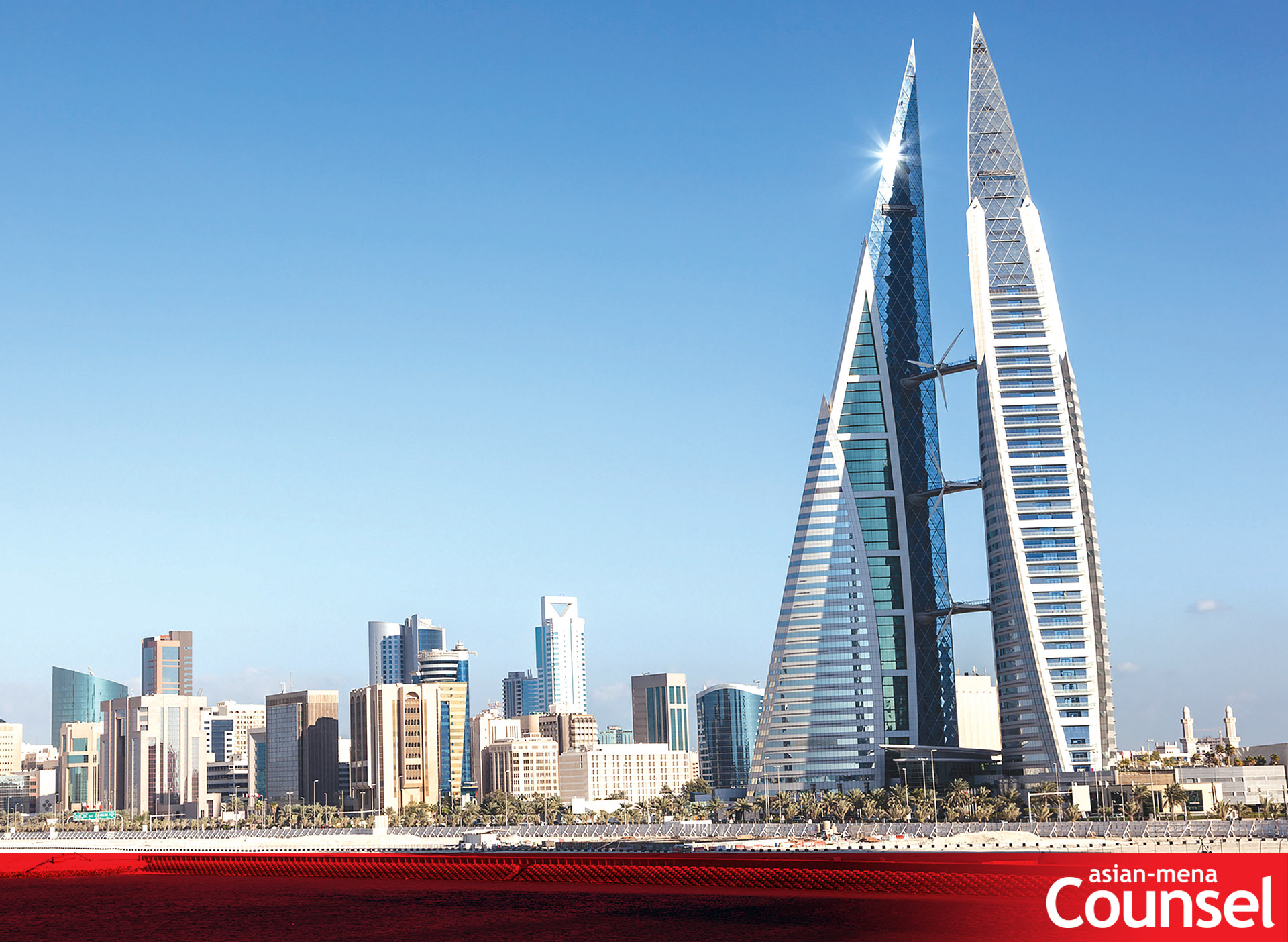



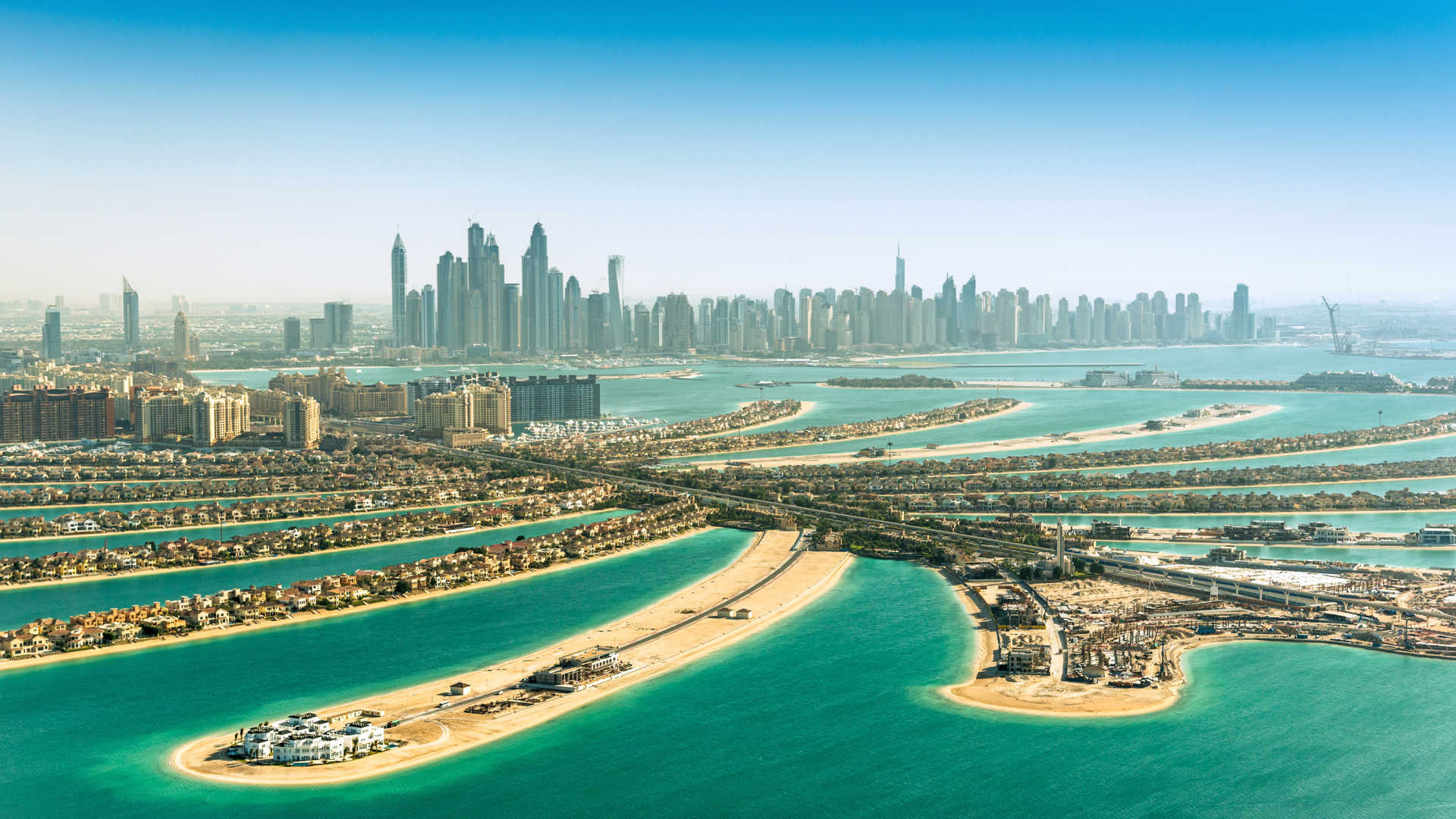
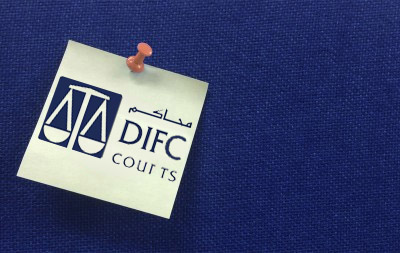
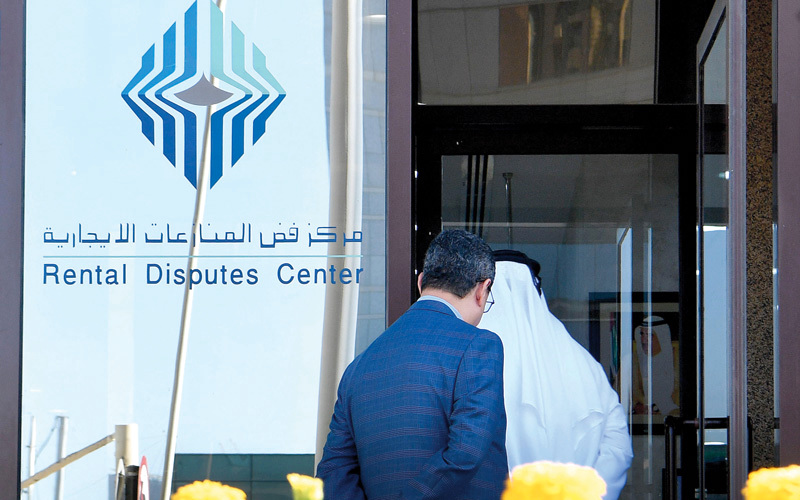
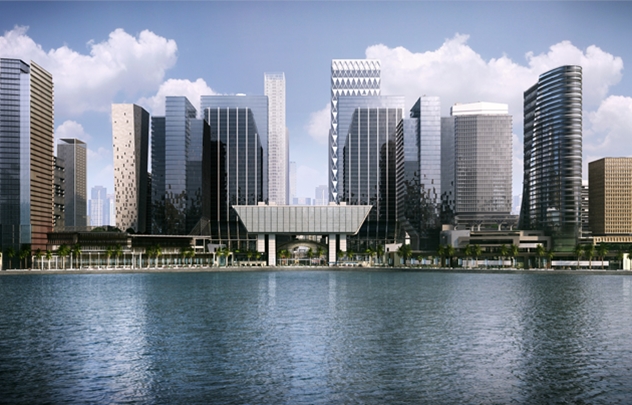

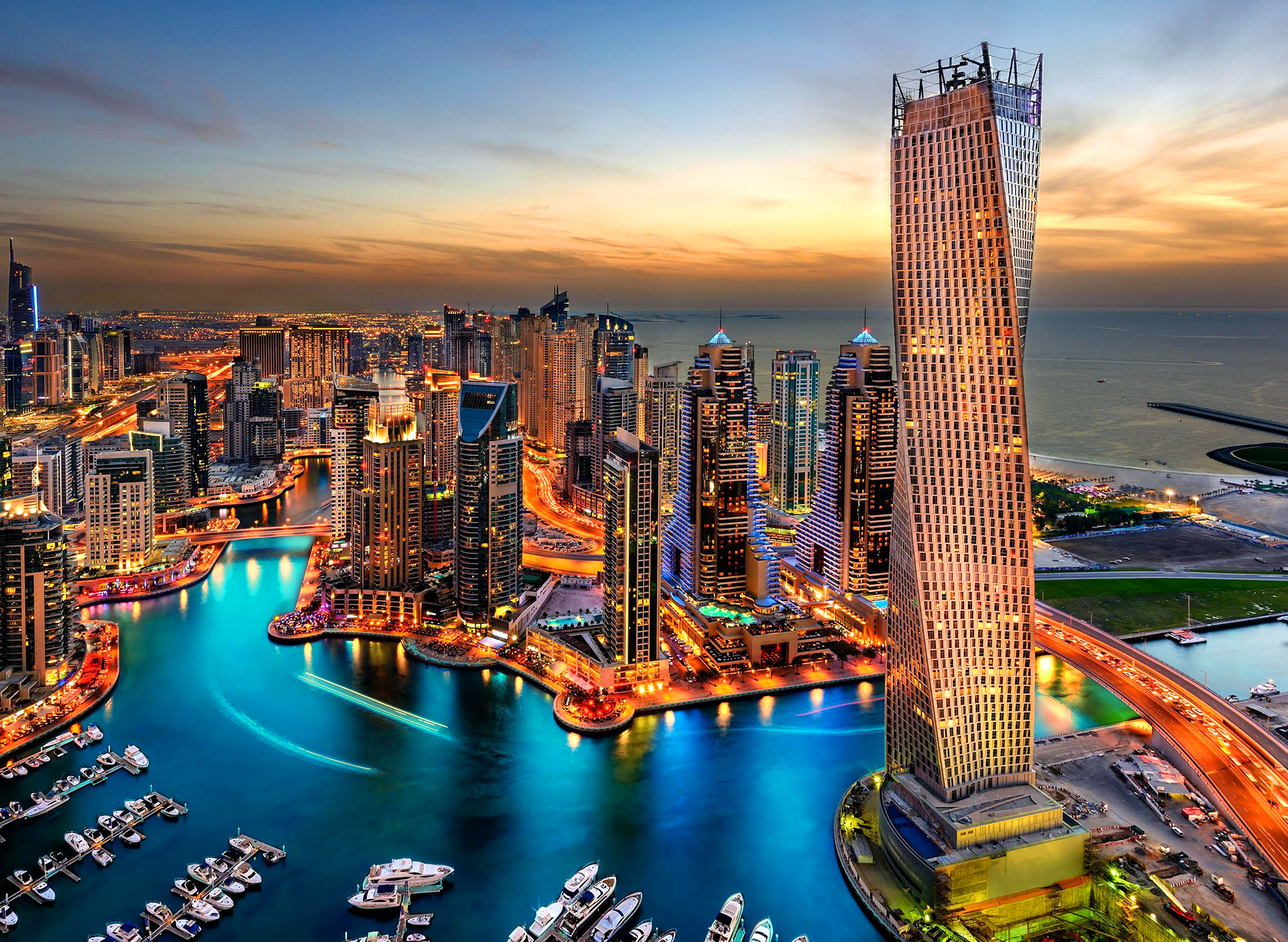









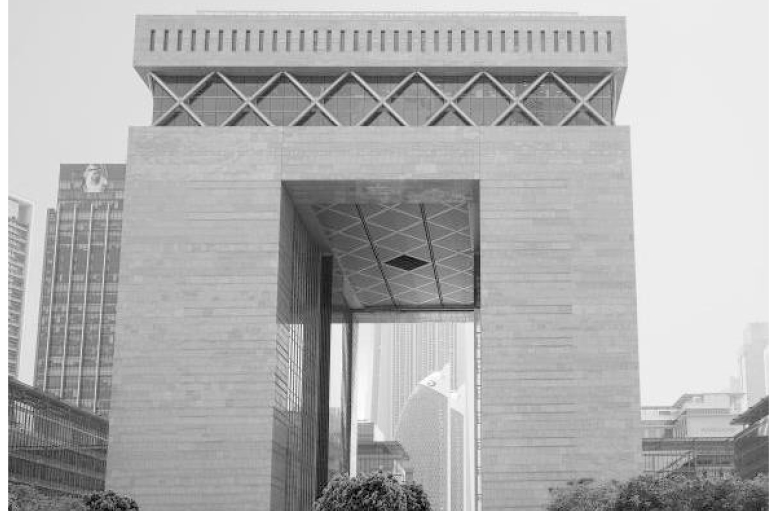




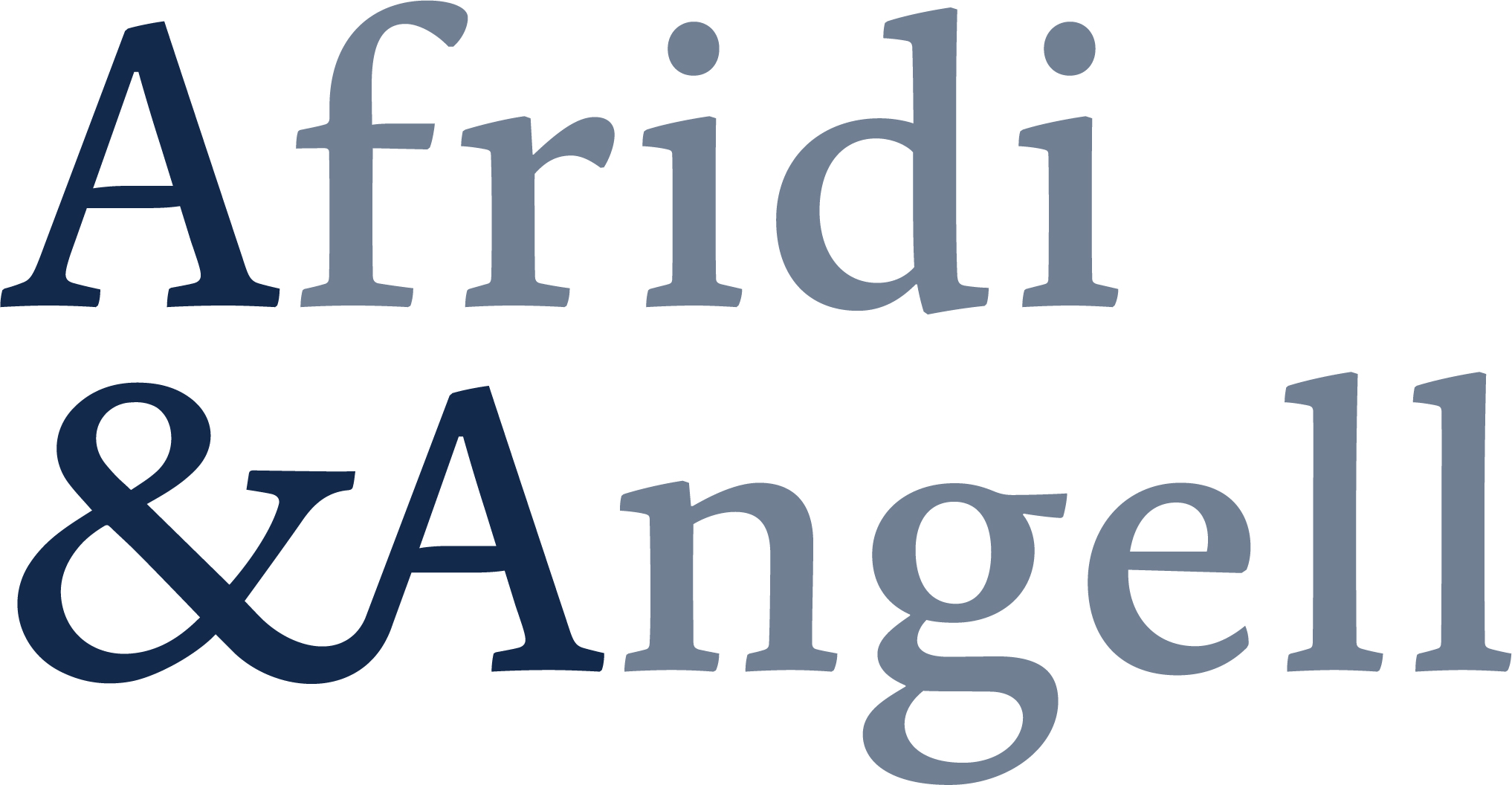 Afridi & Angell
Afridi & Angell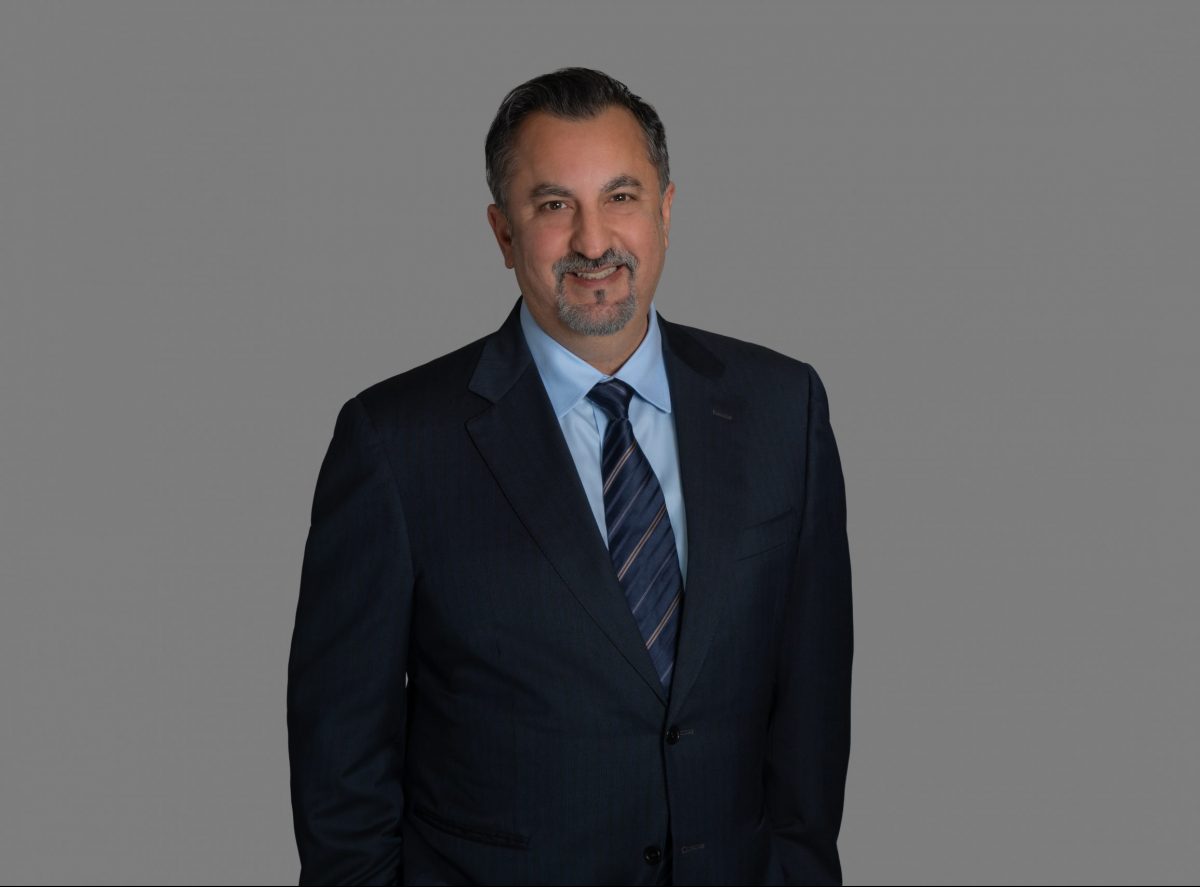 Masood Afridi
Masood Afridi Amjad Ali Khan
Amjad Ali Khan







